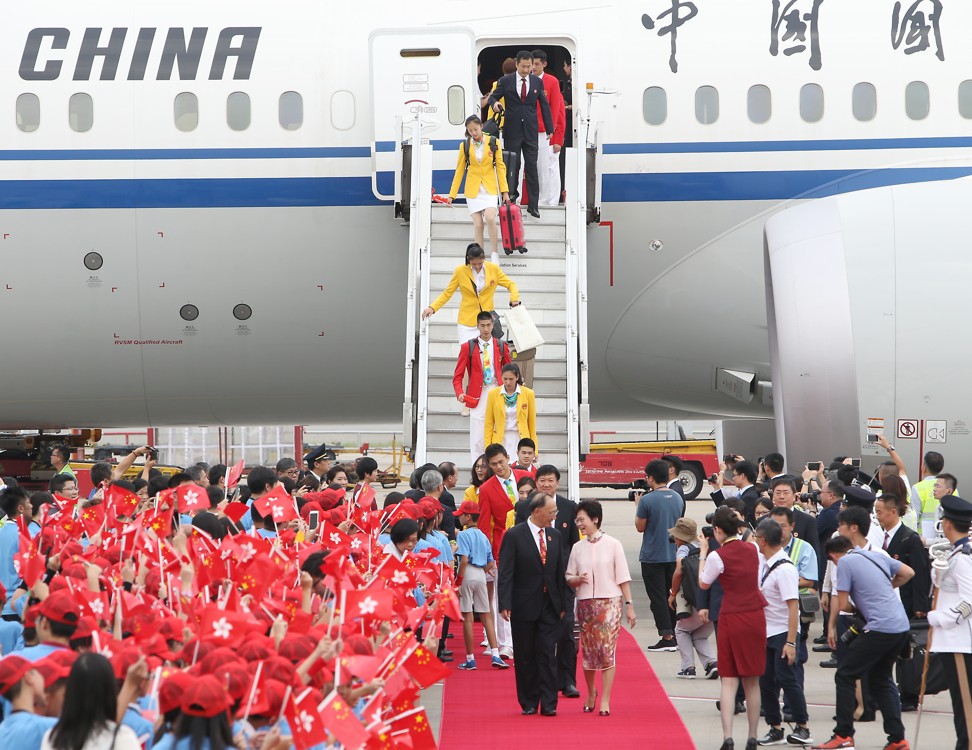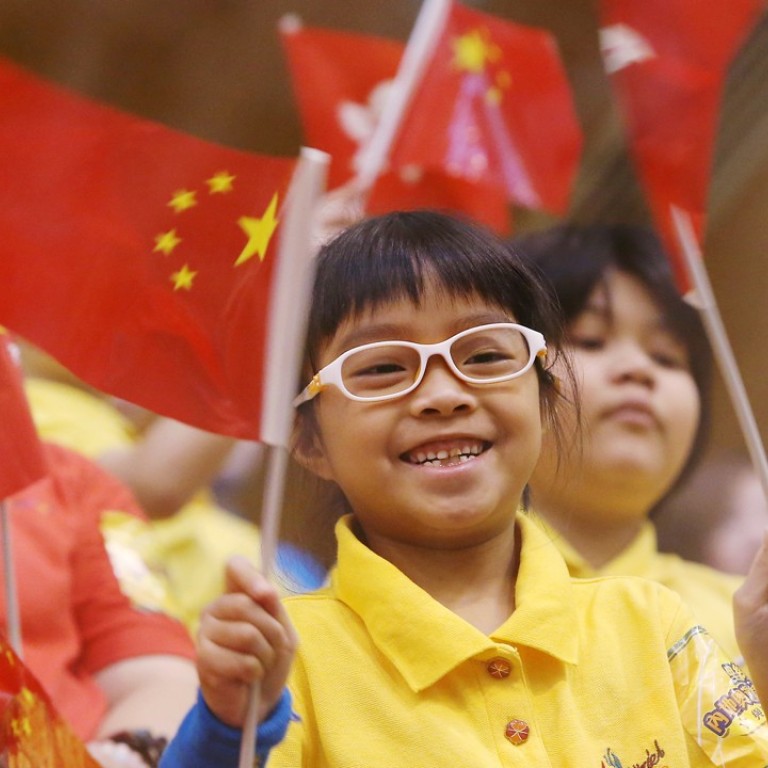
How China’s efforts to foster patriotism through sport in Hong Kong since the handover have failed – or even backfired
‘Sport for all’ has not taken hold, and nor has love for the motherland through sport
Hong Kong’s colonial rulers did little to promote sport outside the expatriate bubble because of its possibility for fostering nationalism and patriotism – and since the handover, efforts to promote love for China through sport have failed or even backfired, says a leading academic expert.
Brian Bridges, adjunct professor of diplomatic history and international relations at Lingnan University, was previously head of the political science department at the university and lived in Hong Kong from 1993 to 2014.
This year he edited an issue of The International Journal of the History of Sport dedicated to the subject in Hong Kong and Macau since their respective handovers in 1997 and 1999.

He outlined some of the findings of that research, and how the sporting-political-cultural landscape has changed in Hong Kong since colonial days – starting with the failure of successive SAR governments to inculcate a genuine love for sport and physical activity among the populace.
“I don’t think the sporting culture has changed very much,” said Bridges. “The Hong Kong government apparently has shifted from just focusing on elite sport, to promoting Hong Kong as a sports mega-event hosting site.
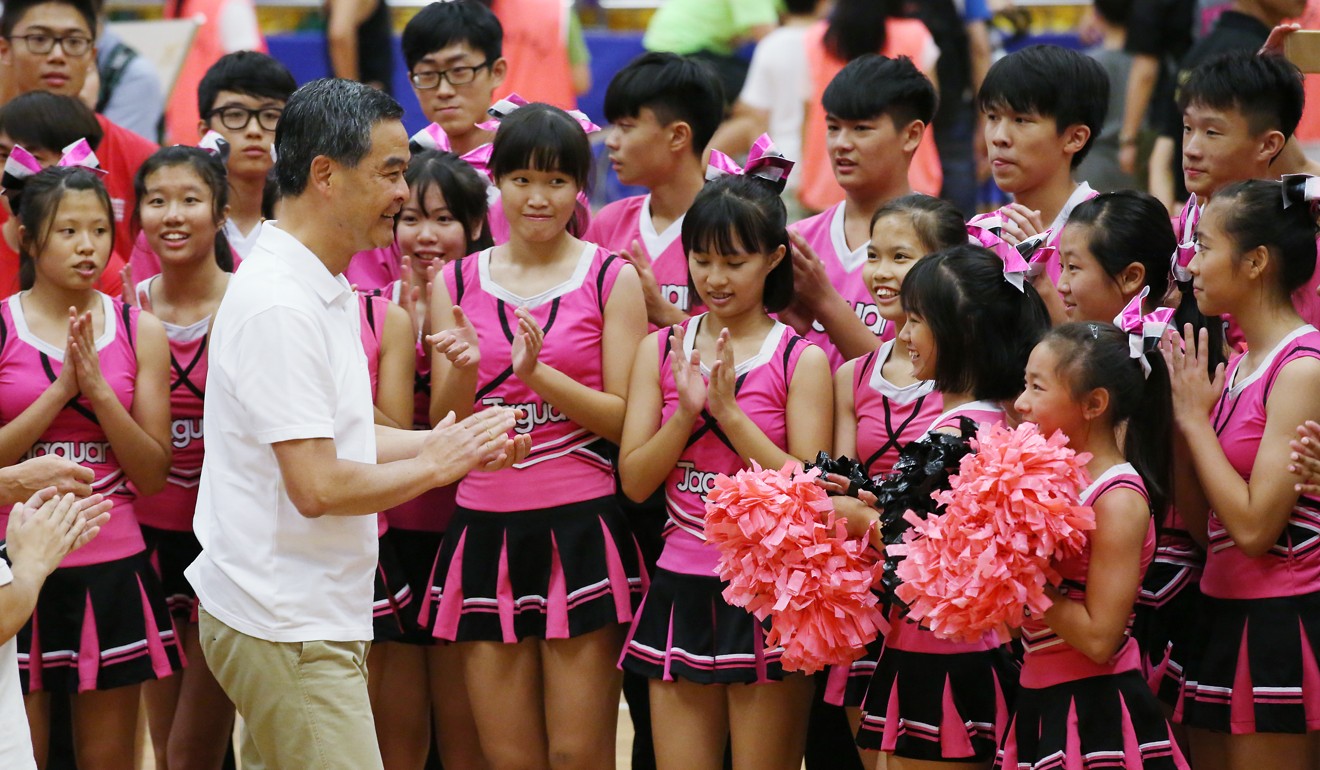
“[But] in terms of the ‘sport for all’ concept which is embraced in many countries, there doesn’t seem to be much of a breakthrough in terms of sporting mass activity.
“One reason is socio-cultural. In Hong Kong, there is still a very strong feeling that getting good education, getting into university, is still the most important priority for teenagers and there is a lot of parental and peer pressure to study and study.
“The traditional British concept of healthy body, healthy mind has not really settled with most Hong Kong residents.
“The second relates to government policy that, despite the post-97 government saying it wanted to do more for sport, in reality it hasn’t been a very high priority.
“It’s only what, 18 months now since the first ever sports commissioner was appointed and in public he hasn’t had a very high profile.
“The government talks a lot and there’s always a few paragraphs in the annual policy addresses, but sport clearly has not been a high priority.
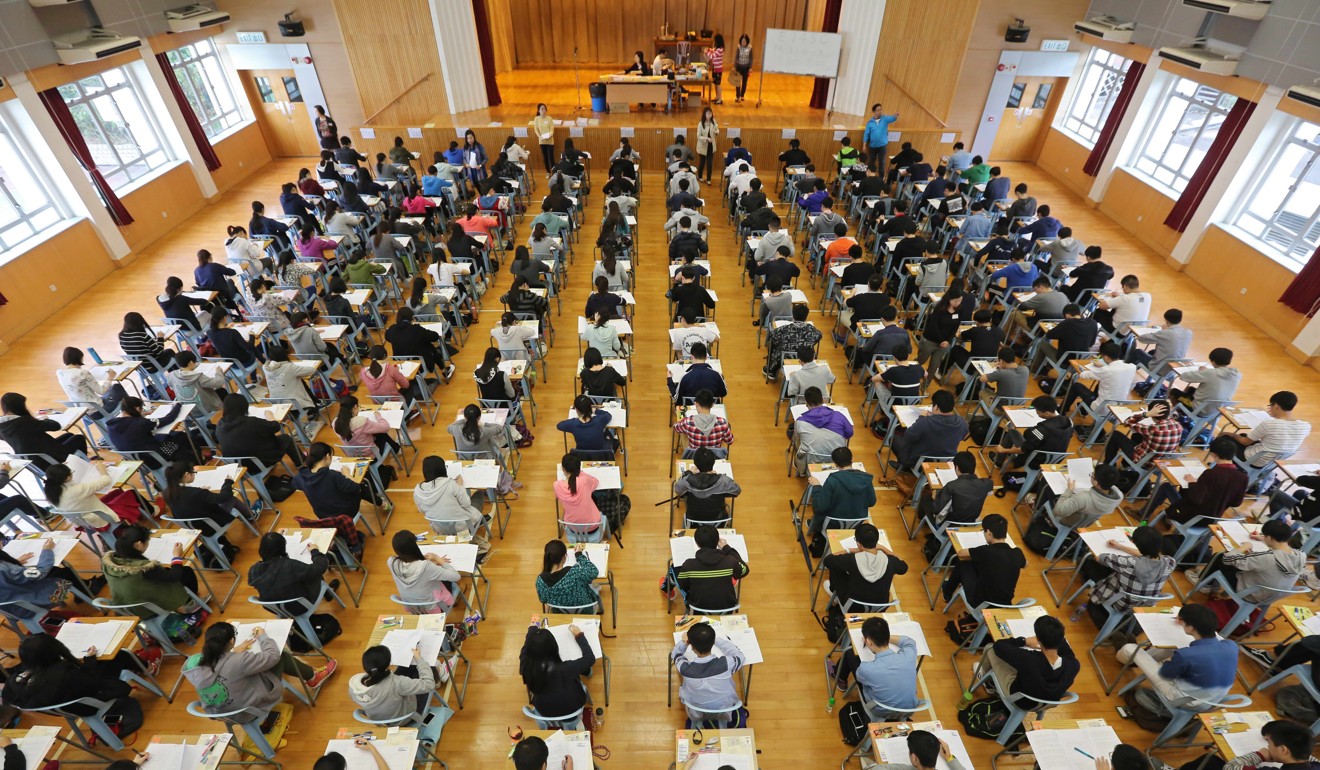
“Going forward with the new administration, Carrie Lam [Cheng Yuet-ngor] is concerned about youth in that they are not patriotic, disaffected from both the Hong Kong system and China. How do you make young people more involved and committed?
“She may consider that sport is one avenue in which that could be explored – though I still remain slightly sceptical.”
Sport’s ability to foster patriotism and nationalism ensured the British did little to promote it among the local Chinese population, says Bridges.
Since 1997, it has been a different story, but with limited success.
“Under the British colonial authorities, sport was very much something that was focused on the expat community. The sports that were active were often ones that mostly just involved expats.
“There wasn’t much trickle down to the local population or grassroots in terms of support for sporting activities,” said Bridges.
“This could be traced back to fact that the Brits were aware that sport can be used to promote nationalism and didn’t want to promote that while they were ruling.
“Since ’97, the Chinese government is looking for ways to promote patriotism in Hong Kong and therefore does have some degree of interest in promoting sport among the local population, or at least trying to get Hongkongers appreciating and loving China’s own sporting achievements.
“We know how much importance China put on the 2008 Olympics.
“And after each Olympics, China sends down their gold medallists to give displays in Hong Kong to show off China’s achievements. It’s another way of trying to promote patriotism and love for the motherland.
“[But] my feeling is that while it might have a short-term effect [on patriotism] ... does it have lasting effect? I don’t think so.
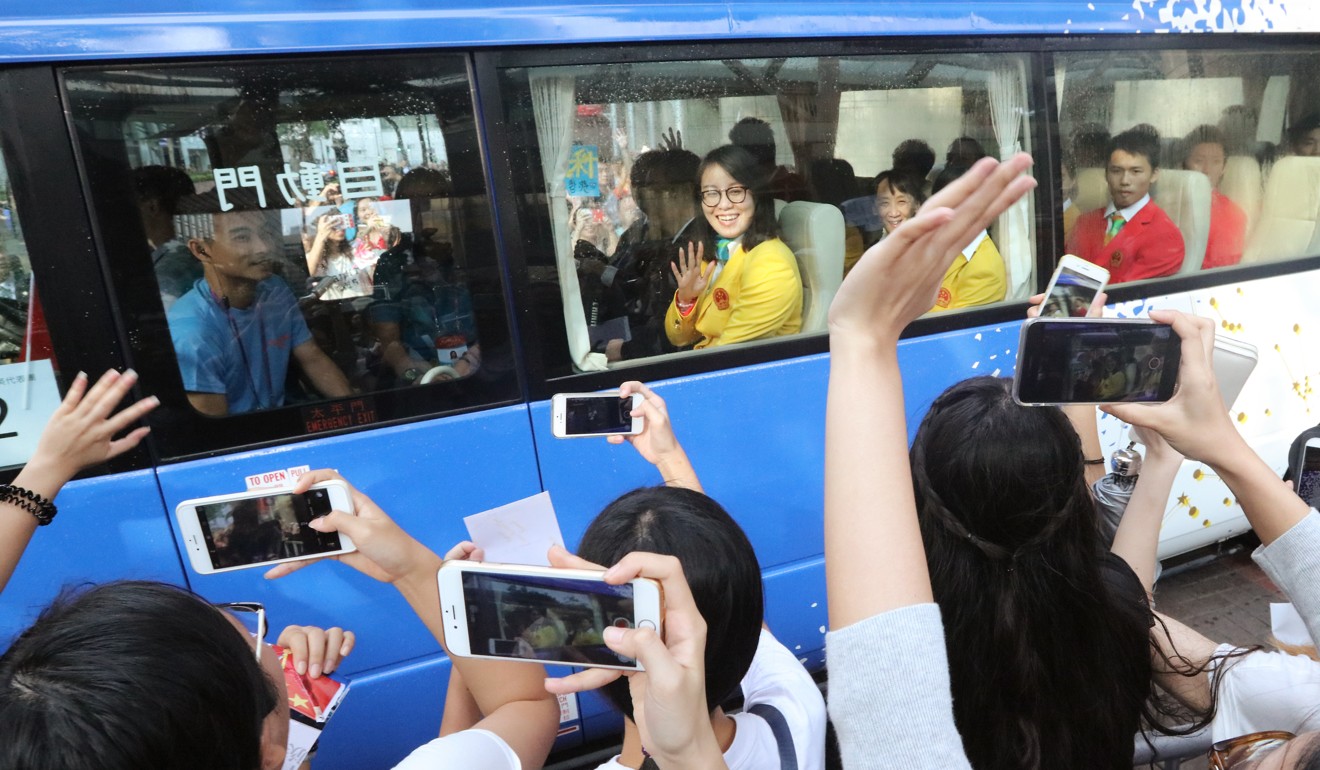
Bridges pointed to Hong Kong University’s regular survey which asks Hong Kong residents their feelings about their ethnic identity, trust in their rulers, confidence about the future, etc.
Most indicators have plunged since a peak around 2008 – coincidentally or not, the year Beijing hosted the Games.
According to this June’s survey, only 3.1 per cent of those aged between 18 to 29 identify themselves as “broadly Chinese” – compared with 31 per cent 20 years ago.
That’s reflected in sport, as the city’s football fans in particular have embraced their Hong Kong identity in direct opposition to China.
“Ironically, despite the China and Hong Kong governments’ hope that Hong Kong would become increasingly identified with and integrated with mainland China, [we’ve seen] the growth of local identity and this is reflected in a couple of ways through sport,” said Bridges.
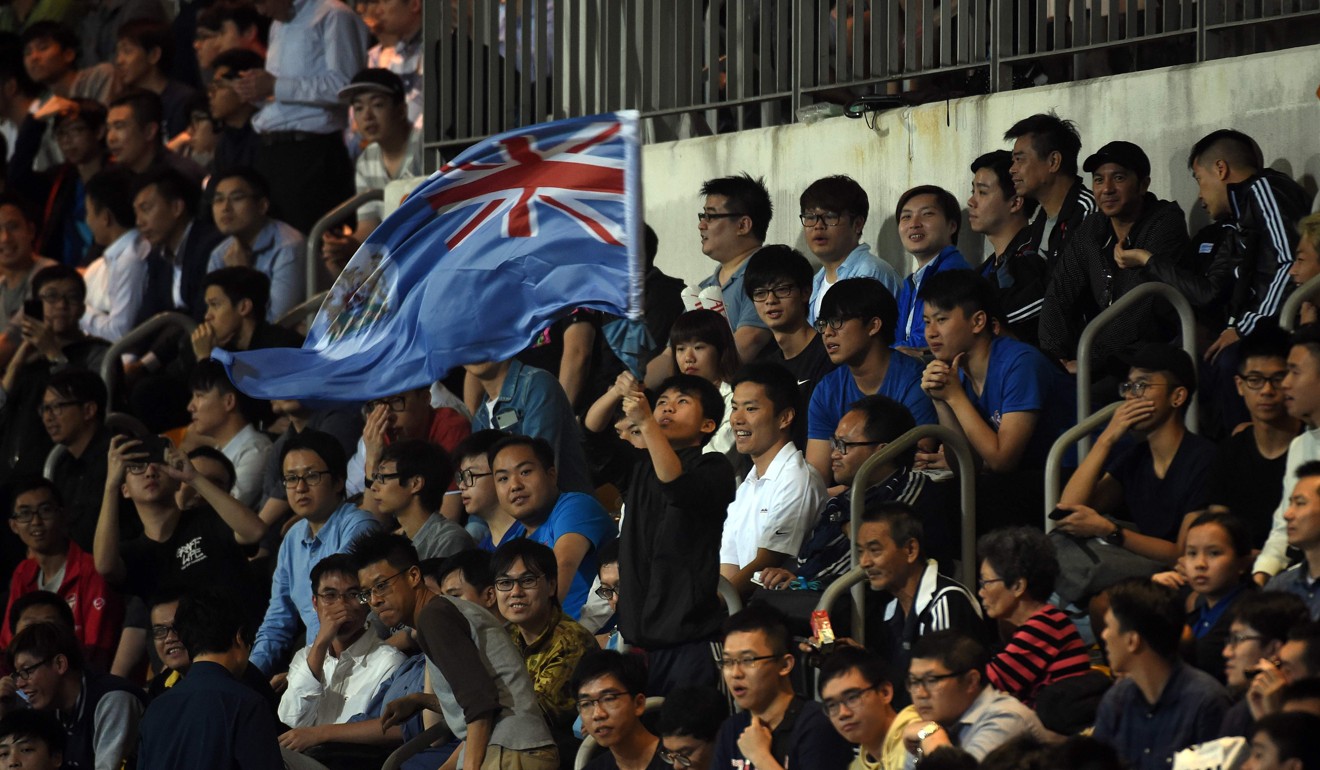
“First are the public occasions, World Cup qualifying matches etc. when the China national anthem has been booed or demonstrated against, or fans have refused to stand up for it or turned their backs.
“The second part, especially when it comes to football, is the citizenship and identity of Hong Kong players. Hong Kong football fans, at least some of them, seem prepared to accept non-ethnic Chinese representing Hong Kong.
“This builds into trying to develop local pride in Hong Kong sporting achievements – people are willing to come from outside and prove they are Hongkongers in spirit is one way of demonstrating localism.
“China’s government and Hong Kong’s government are not finding that sport is producing the pro- China pattern that they might have expected.
“One problem the Hong Kong government has that dates back to soon after handover is that on the one hand they want to show Hong Kong is cosmopolitan and international and the ‘merging of east and west’ and ‘Asia’s World City’ – but they also want to show that it is a good patriotic city of China – and the two are not necessarily compatible.
“The change in mood and atmosphere in the last four or five years in Hong Kong suggest that the difference between these two identities is becoming starker – rather than merging.”


